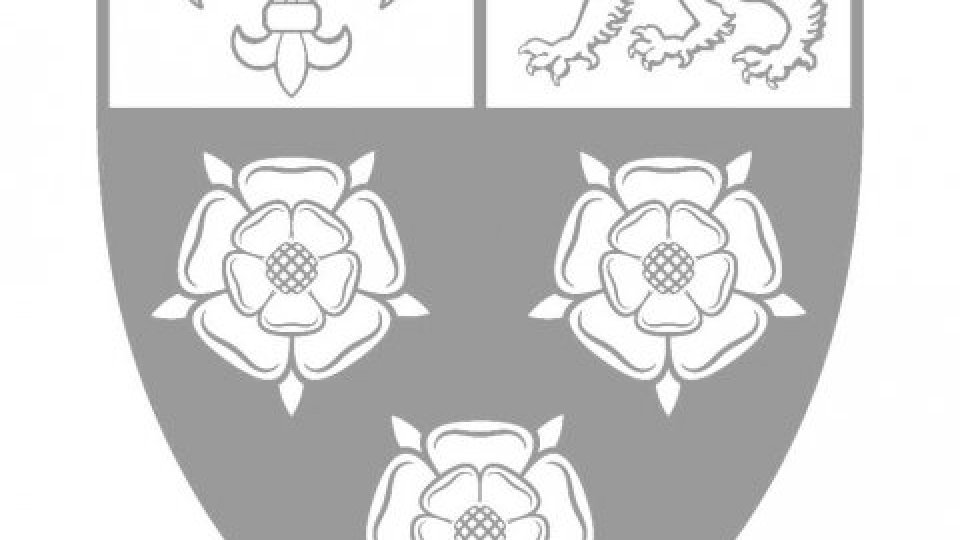
Second-year historian Anmona Siddaqua took part in the 2022 Summer Research Programme, working alongside her supervisor and King’s Research Fellow Dr Katie Campbell on a project titled ‘Mapping Cities in Medieval Central Asia’. Throughout this process Anmona was able to learn about the history, geography, and ecology of Central Asia as part of a broader research project considering the changing shape of cities in medieval Central Asia as nomadic groups, such as the Turks and Mongols, conquered the area.
Anmona’s specific focus was on the region of Otrar in present-day Kazakhstan. Otrar was an important town in the history of Central Asia, situated on the borders of settled and agricultural civilisations. During her research, Anmona brought into question the ideas in the field that the Mongols had completely destroyed the town’s infrastructure and communities. This narrative was analysed by focusing on what changed in the infrastructure of Otrar in the time period in the context of the political situation.
Anmona was tasked with combing through the Soviet-era archaeological maps and data that her supervisor had compiled, to find different maps and imagery of Otrar. She then collated the data in QGIS, an open source Geographic Information System, locating each site and geo-referencing the maps directly onto satellite imagery, which involved overlaying maps that other archaeologists had produced. In doing so, Anmona found that Otrar was constantly being rebuilt which was supported by the fact that the buildings were made of mudbricks rather than stone. The mudbrick would be quicker and easier to take down and rebuild, suggesting there was a constant reconfiguration process.
Overall, Anmona greatly benefited from the time she spent working on this project, especially in regard to her plans for the future. In her own words:
I was able to explore the academic environment at King’s and created a helpful dialogue with my supervisor regarding the process of getting into academia. My current plans for what I want to do post-graduation have been heavily influenced by my experience of the Summer Research Programme, in that it reaffirmed my desire to apply for a Master’s degree, a decision which I was quite hesitant about before the programme.



